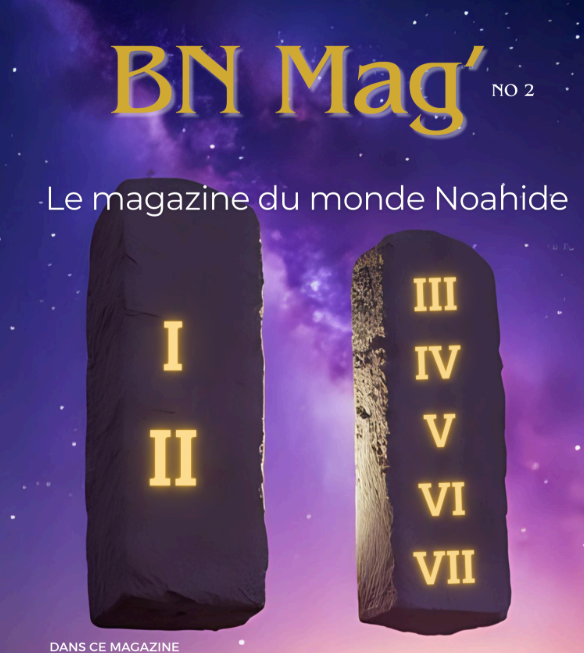The portion of Yitro. What is its essence?
The portion should have been called the portion of Moses!
After all, Moses is the one who brings us the Ten Commandments; the entire grand process of the giving of the Torah revolves around him, the central personality of the portion. And yet, tradition decided that we should refer to the portion in which the most sublime revelation ever to the children of Israel and through them to all of humanity occurs by the name of a non-Israelite—Yitro. Yitro does not belong to the people of Israel. True, he has close family ties with Moses, but despite not being an Israelite himself, he identifies with the destiny of the people of Israel. He wants to be present when the Torah is given. Perhaps the text intends that the Torah cannot be given to the people of Israel without partnership, at least in the form of the presence of someone from the nations of the world.
Not only did the sages count the letters of the Ten Commandments and find that the number of letters is 620 (620, for those familiar with a bit of mathematics, is 613 + 7), but they also suggested that the 613 commandments were given to the people of Israel, but the Torah could not be given without an additional seven commandments. These seven commandments were given to the descendants of Noah, making the total number 620, which corresponds, in gematria, to the word "Keter" (Crown). Keter signifies that the crown of the Holy One, blessed be He, is revealed in the world, not only over the children of Israel but the world as a whole. Without Yitro, the Torah could not have been given.
Similarly, we find later in the Tanakh another non-Israelite personality joining the narrative for the people of Israel—Ruth, the Moabite, the great-grandmother of King David, and the mother of the entire future messianic dynasty destined to rectify the world as a whole. The gematria of the letters of Ruth is 610, and if we add another seven commandments, we arrive at 613—the total number of commandments given to Israel. There is an important lesson here for future generations: the Torah is given to the entire world through the conduit of the children of Israel.



